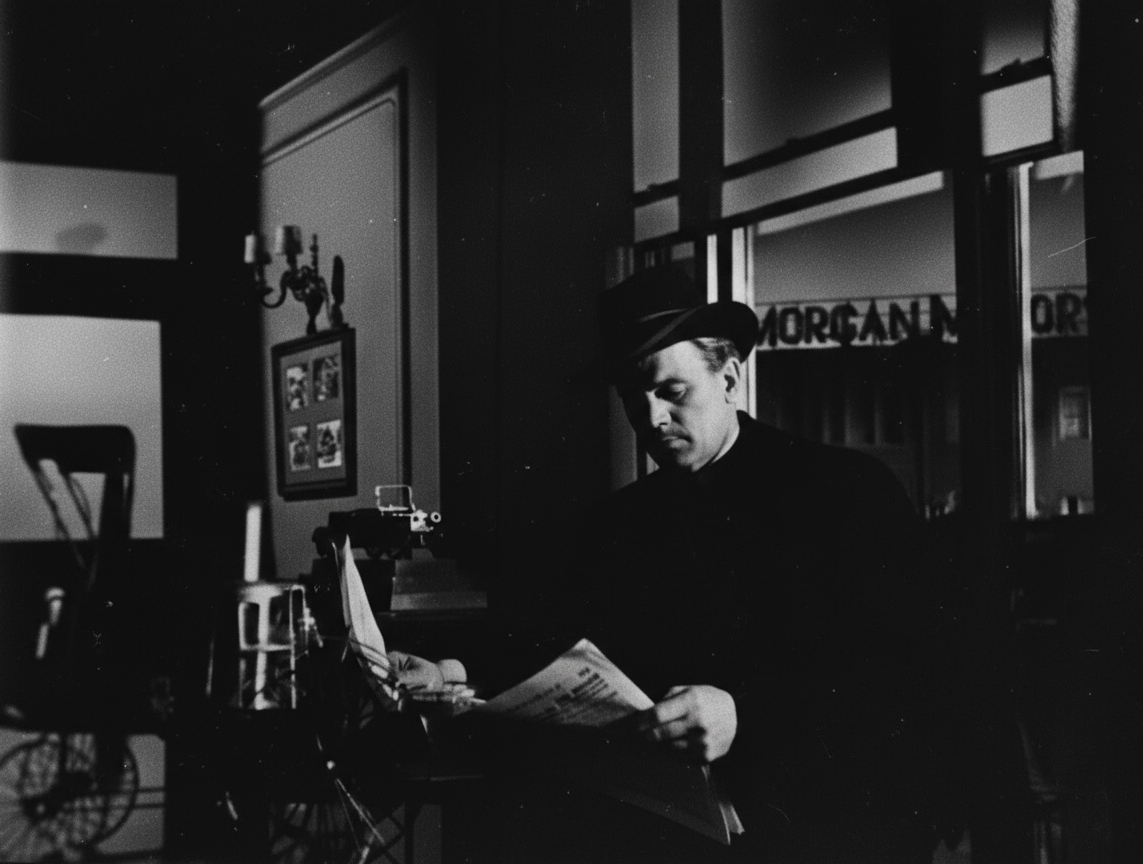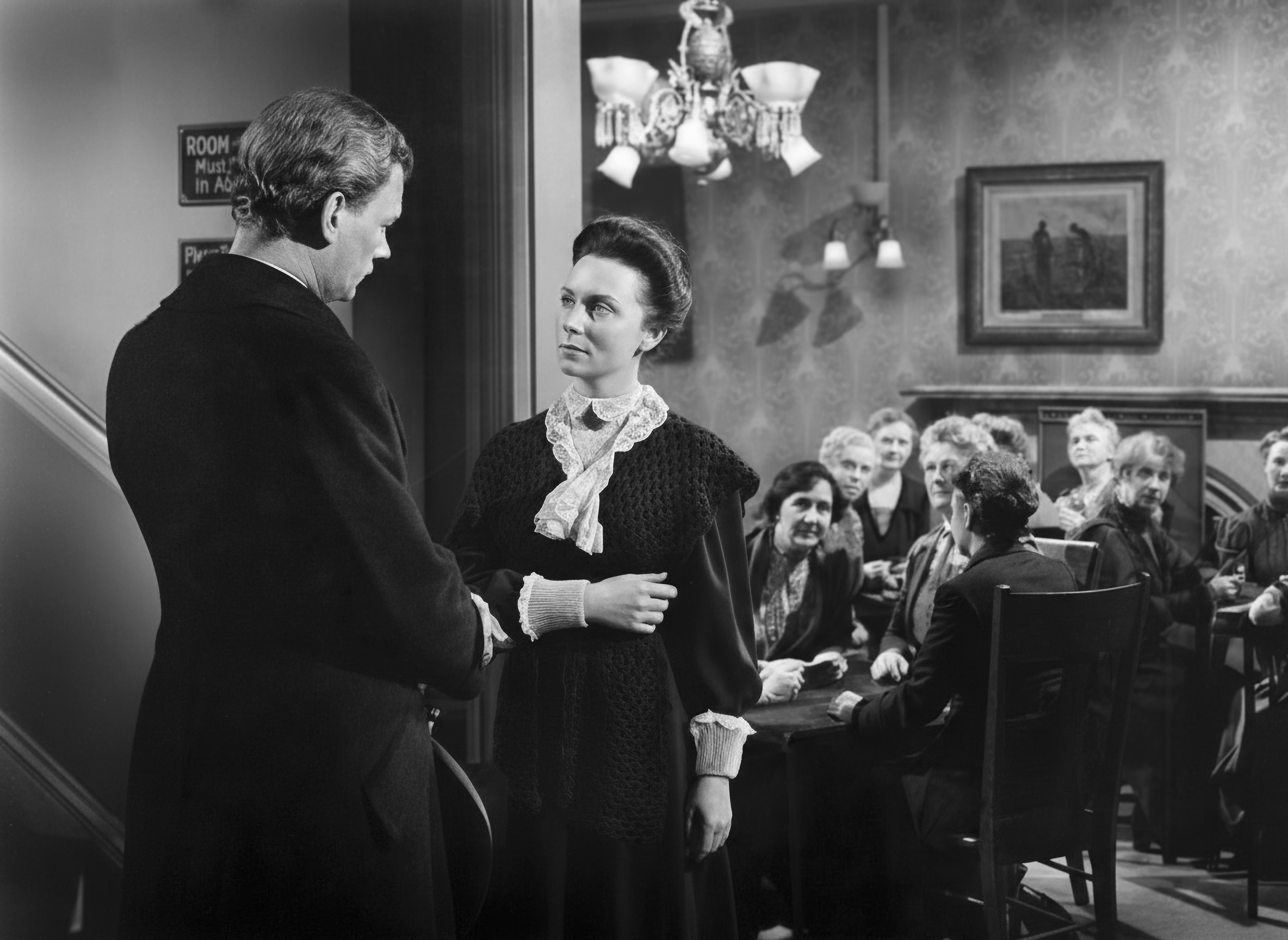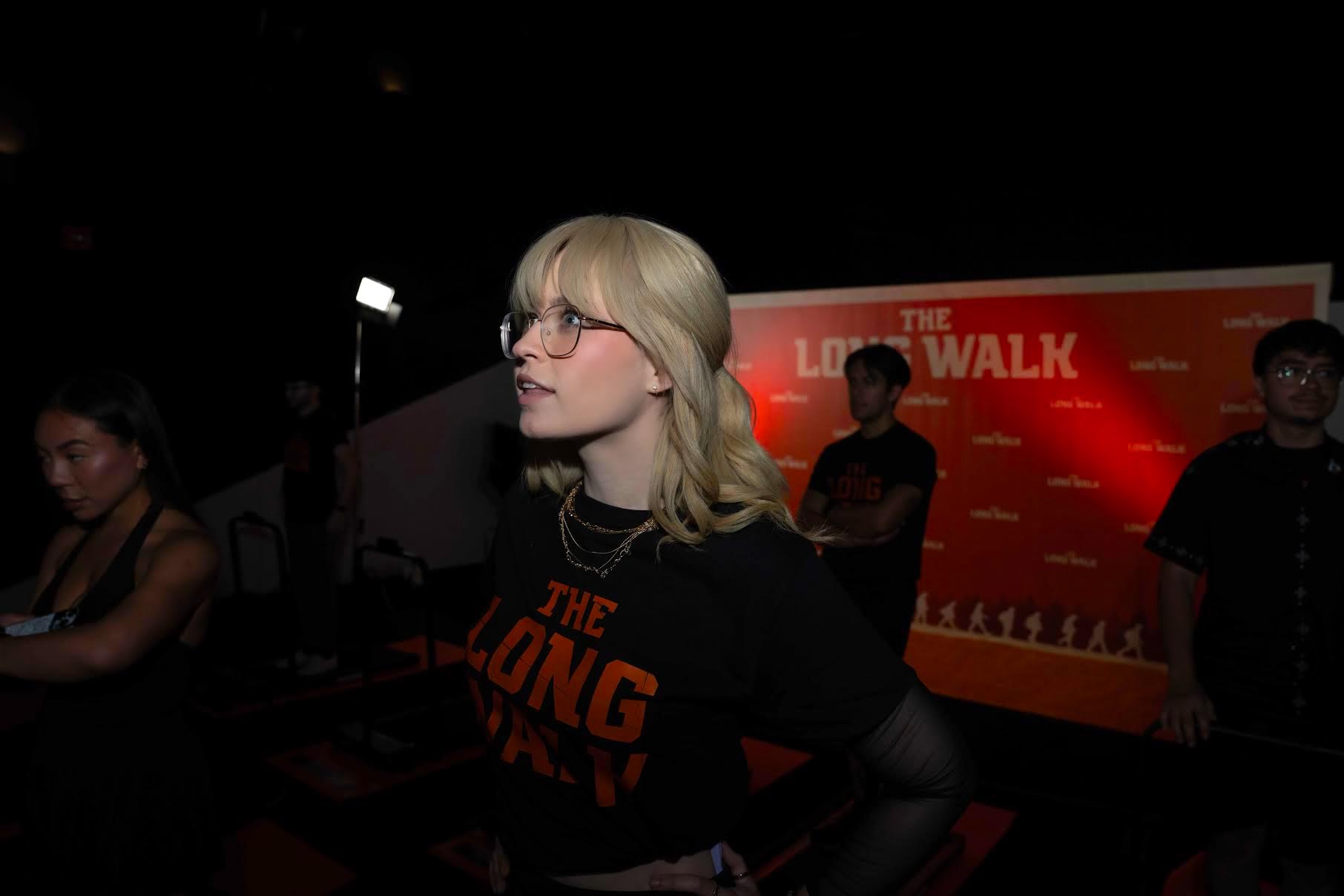The lost 43 minutes of Orson Welles‘ “The Magnificent Ambersons” is the holy grail of cinema. The legend goes that after a bad test screening, RKO tacked on a happy ending and chopped the film from 131 minutes to 88. The missing minutes were melted for their silver nitrate, but cinephiles have spent years seeking a print that retained the the footage; TCM even sponsored a trip to Brazil in pursuit of a complete print.
Like other efforts, Brazil didn’t pan out. Welles believed that the studio butchered a movie that would be seen as greater than his debut, “Citizen Kane,” but would he have used generative AI if it offered the possibility of recreating what he lost?
Showrunner, which bills itself as the “Netflix of AI,” is either betting Welles would (or, has the hubris not to bother with the question). It is using “The Magnificent Ambersons” to develop its latest model, FILM-1, which Showrunner hopes will let people generate lifelike short films.
Working with Brian Rose, who spent the last five years trying to recreate the film with charcoal drawings, physical models of the sets, and researching storyboards and screenplay drafts, Showrunner will spend next two years to get as close as possible to Welles’ vision.
“Perhaps in its reconstructed form, we will all say, in the words of an audience card at the disastrous preview in Pomona that ended the film’s chances: ‘I think that this is the best picture that I have ever seen,’” Showrunner CEO Edward Saatchi said in a statement to IndieWire.

Before you say “Why in God’s name would someone use AI to do this,” Saatchi would ask you to consider that “Ambersons” is about a family dynasty that failed to adapt to the rise of new technology and the invention of the automobile at the dawn of the 20th century.
Saatchi also suggested that if you’re going to train an AI model, why not train it on the best and aim to teach AI to move and think like a master like Welles?
“For FILM-1, which will unlock longer-form live-action stories on the Showrunner platform, we’re starting with Orson Welles because he is the greatest storyteller of the last 200 years,” he said. “So many people are rightly skeptical of AI’s impact on cinema — but we hope that this gives people a sense of a positive contribution that AI can make for storytelling.”
Showrunner will use AI keyframe generation for all major shots in “The Magnificent Ambersons,” using model motion and trajectory control to re-imagine Welles’ camera movements. Set photos of the lost 43 minutes will help generate the spatial setting.
Some scenes will be filmed with live actors and the team will use AI face transfer, pose transfer, and voice generation. Showrunner also hired Tom Clive, an AI and digital artist on Robert Zemeckis’ “Here,” to power the film’s look.

Showrunner, which already lets user generate their own TV episodes, gained attention when it developed AI-generated episodes of “South Park” without Matt Stone and Trey Parker’s approval. This summer, it received backing from Amazon.
Perhaps most crucially, Showrunner described the “Ambersons” remake as a “noncommercial, academic project.” The film won’t be released in theaters; it’s all in the name of academia and model research, which is how it got around the same issue with “South Park.” Warner Bros. owns the film rights to “Ambersons”; Concord, which recently bought the RKO film library, owns the derivative rights. Saatchi said if either see a market for re-releasing the film, more power to them.
Saatchi believes in the vision of “playable” feature films that allow you to explore the larger universe and world and build your own story within it. The company already does this with some animated series that let you use prompts to build 5- to 10-minute episodes; it hopes to extend that ability to realistic short films and features.
Saatchi noted that while AI can’t sustain a story beyond one short episode, it’s getting closer to prompting entire films. “The FILM-1 suite is a step toward a scary, strange future of generative storytelling,” he said.
Even his detractors can agree on that, although the cinephiles who feverishly pursued this particular grail may not support this resolution. To that point, Saatchi quotes “Ambersons” protagonist and ambivalent automobile inventor Eugene Morgan:
“With all their speed forward they may be a step backward in civilization. It may be that they won’t add to the beauty of the world, nor to the life of men’s souls. I am not sure. But automobiles have come, and almost all outward things are going to be different because of what they bring.’”



